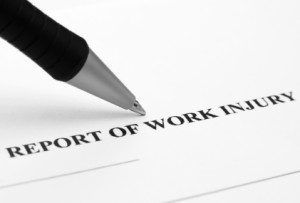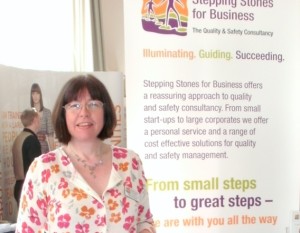 A change to the procedure for accident reporting came into effect on 6th April 2012 following the recommendations in the Lofstedt Report on safety last year. From April 6, employers will no longer have to report injuries that keep workers off work for seven days or less. The Health and Safety Executive (HSE) have said that the changes will save British companies thousands of hours completing official paperwork.
A change to the procedure for accident reporting came into effect on 6th April 2012 following the recommendations in the Lofstedt Report on safety last year. From April 6, employers will no longer have to report injuries that keep workers off work for seven days or less. The Health and Safety Executive (HSE) have said that the changes will save British companies thousands of hours completing official paperwork.
The change to the Reporting of Injuries, Diseases and Dangerous Occurrences Regulations (RIDDOR) 1995 is expected to see a fall of around 30 per cent in the number of incidents that must be reported by law – an average of around 30,000 fewer reports a year.
Employers will also be given a longer period in which to report incidents, increasing the time from three to seven days following the date of incident.
By increasing the reporting threshold from three to seven days, the change will align with the ‘fit note’ system which ensures that someone who is off work because they suffered a reportable injury has a professional medical assessment. The Health and Safety Executive (HSE) have said that the changes will save British companies thousands of hours completing official paperwork.
Employers and others with responsibilities under RIDDOR must still keep a record of all over three day injuries, through the company accident book.
HSE chair Judith Hackitt says, “The change to the RIDDOR regulations will cut paperwork, help employers managing sickness absence and ensure that the reporting system is focused on risks which have resulted in more serious injury.”
“This is just one of many changes we are making to the health and safety system to make it simpler, clearer and more easily understood – stripping unnecessary paperwork out of the system without compromising essential protections for workers.”



 At the IOSH Thames Valley Branch meeting last night, Rebecca Russell, MD of Stepping Stones for Business, was nominated and voted onto the regional IOSH executive committee.
At the IOSH Thames Valley Branch meeting last night, Rebecca Russell, MD of Stepping Stones for Business, was nominated and voted onto the regional IOSH executive committee.